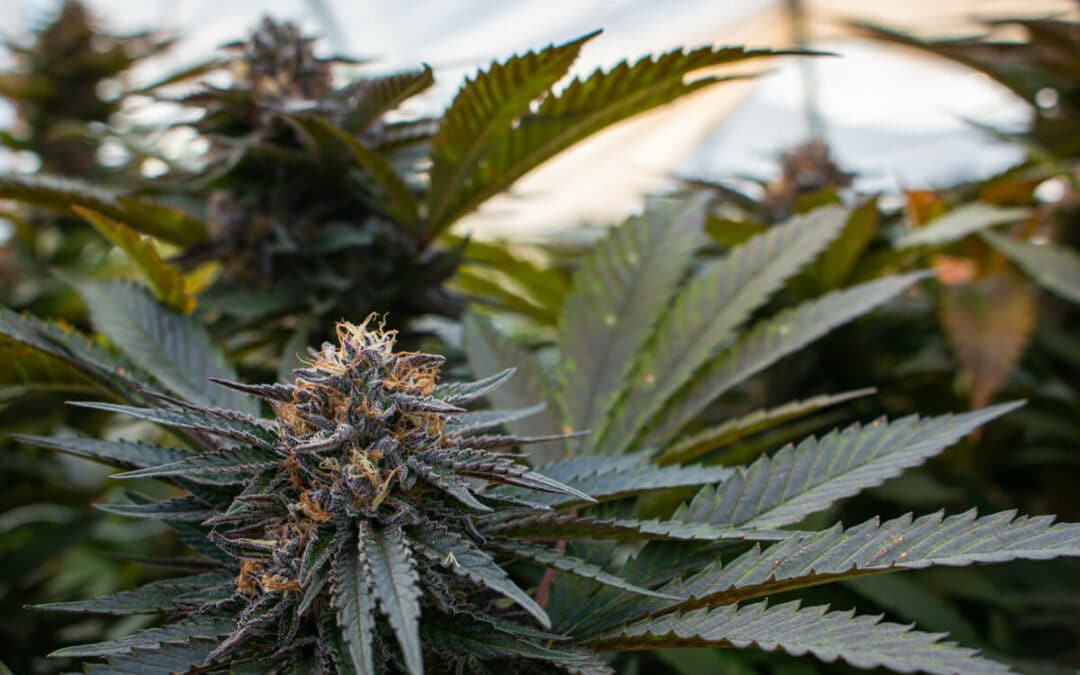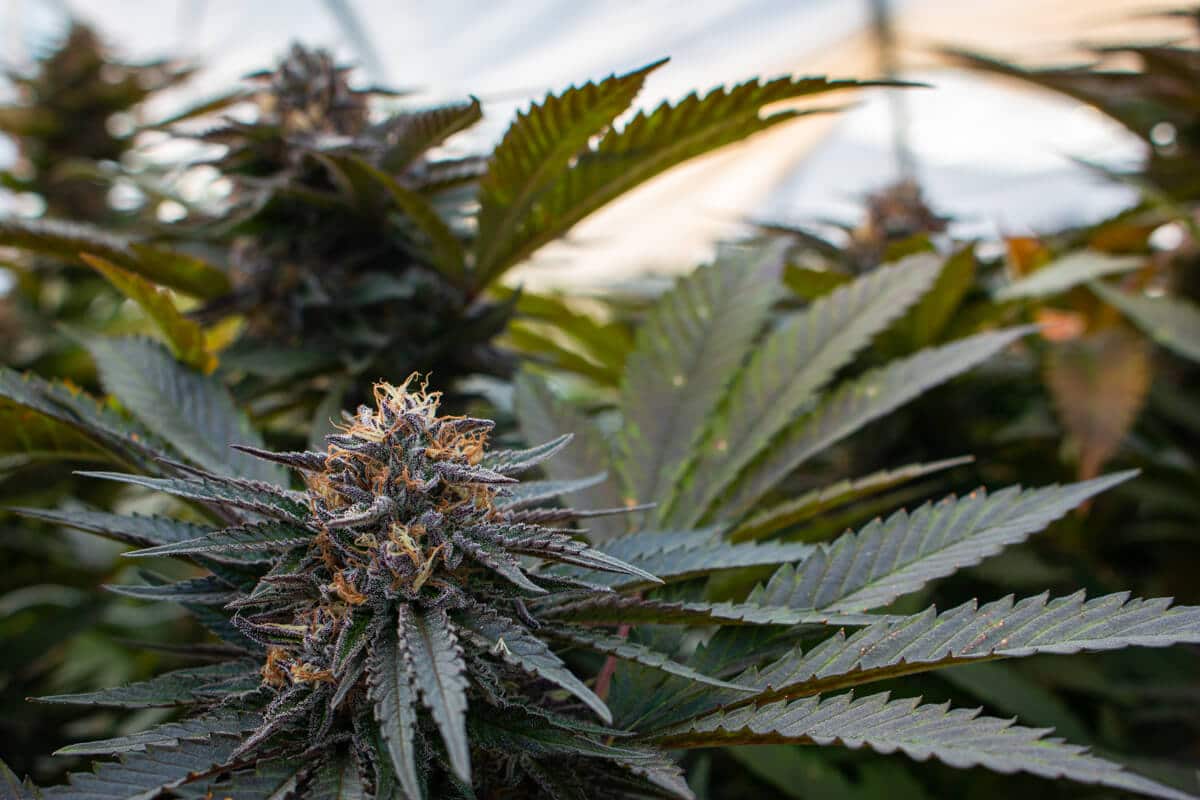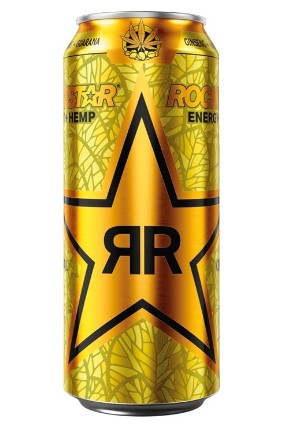
Minnesota Marijuana Legalization Bill Moves past 6th House Committee

A bill to legalize marijuana in Minnesota is going through a thorough vetting process, with a sixth House committee on Wednesday giving the reform proposal a green light following a hearing.
House Majority Leader Ryan Winkler (D), Speaker Melissa Hortman (D) and other lawmakers filed the measure in February. It would allow adults 21 and older to purchase and possess up to 1.5 ounces of cannabis and cultivate up to eight plants, four of which could be mature.
Days after a separate panel approved the legislation with amendments, the House Judiciary Finance and Civil Law Committee passed it in a 9-7 vote.
“The purpose of House File 600 is to eliminate the harm that cannabis has in our society,” Winkler said of the bill at the hearing. “The primary harm that cannabis poses in Minnesota is the prohibition and criminal enforcement of cannabis.”
“The goal of House File 600 is to shift in a legal marketplace that is policed and over-policed disproportionately and instead to create a policy of repair, an opportunity for those most adversely affected by the war on drugs,” he said.
The House Environment and Natural Resources Finance and Policy Committee was the last body to approve the bill, on Monday, and members there adopted a number of changes to the proposal. For example, it now stipulates that members of a cannabis advisory council established under the bill could not serve as lobbyists while on the panel and for two years after they end their service.
Before that hearing, the House Agriculture Finance and Policy Committee, the Workforce and Business Development Finance and Policy Committee, the Labor, Industry, Veterans and Military Affairs Finance and Policy Committee and the Commerce Finance and Policy Committee each advanced the measure.
Its next stop is the State Government Finance and Elections Committee.
Winkler recently said that he expects the legislation to go through any remaining panels by the end of April, with a floor vote anticipated in May.
Still, even if the legislation does make it all the way through the House, it’s expected to face a significant challenge in the Republican-controlled Senate, where lawmakers have signaled that they’re more interested in revising the state’s existing medical cannabis program than enacting legalization of adult use.
After the New York legislature approved a recreational cannabis legalization bill—which the governor promptly signed into law—Winkler said that Minnesota is “falling behind a national movement towards progress.”













